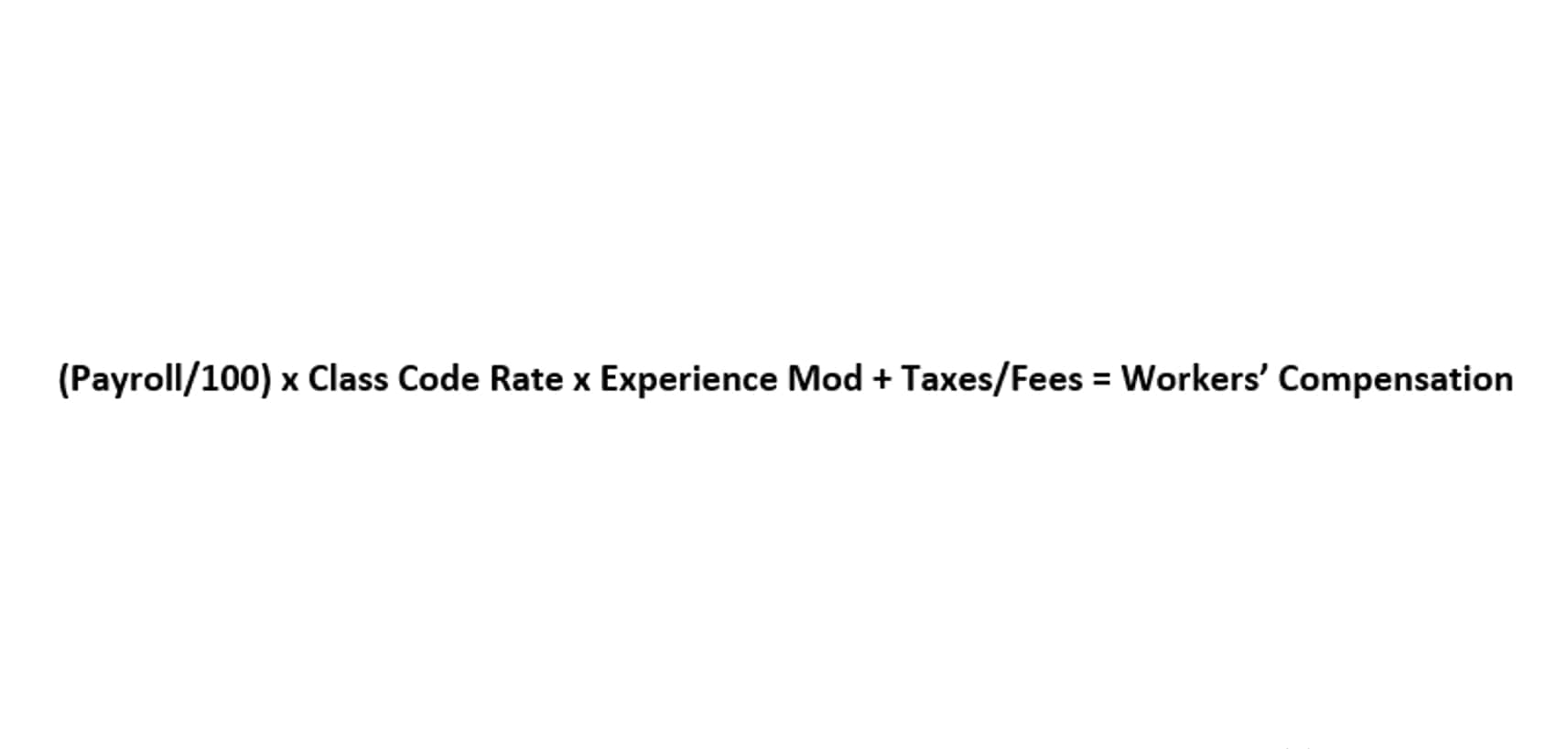
Here, accruals are the revenue or expenses that have been earned or incurred, but cash transactions are yet to occur. It is much easier to manage cash flow in real-time by merely checking the bank balance rather than having to examine accounts receivable and accounts payable. Given that most businesses fail due to improper management of cash flow, businesses that use accrual accounting still need to perform cash flow the primary difference between accrual-basis and cash-basis accounting is: analysis. Cash basis lets businesses record income and expenses only when cash is actually received or paid. Accrual accounting involves tracking income and expenses as they are incurred (when an invoice is sent or a bill received) instead of when money actually changes hands. Cash accounting is much simpler, but accrual is required for certain businesses and preferable for others to leverage certain tax strategies.
They may base big financial decisions and things like loan applications on accrual accounting but use cash-basis accounting to simplify some elements of their tax. Speak to an accountant or tax professional to find out what applies to you. Accounts receivable is the sum of money owed to your company as a result of credit transactions in which revenue is earned before cash is received. It is an asset account, because it signifies an impending payment coming into your company.
Definition of the Cash Basis of Accounting
The same may be true for ongoing relationships with vendors with whom you do business. If you’re unsure which method makes sense for you, talk with your accountant or bookkeeper. Make sure they understand what you want to gain from your financial statements and that they aren’t basing their advice solely on your business’s tax basis.
Considering this amount allows accountants to provide, in a timely manner, relevant and complete information to stakeholders. For example, a small business or small law firm might use the cash basis of accounting for routine transactions such as sales transactions and bill payments. This simplifies the daily bookkeeping and gives a clear picture of cash flow and cash available at any given moment. The same business might use accrual accounting for inventory, which allows them to more accurately value their inventory and track their cost of goods sold. And if you maintain your books on a cash basis, there will be little difference between your financial statements and your tax returns. The cash basis of accounting recognizes revenues when cash is received, and expenses when they are paid.
Cash Vs. Accrual Basis Accounting: What’s the Difference?
Let us discuss some of the points of difference between the cash basis of accounting and accrual basis of accounting. Businesses that use accrual accounting recognize income as soon as they raise an invoice for a customer. And when a bill comes in, it’s recognized as an expense even if payment won’t be made for another 30 days. Accrual accounting creates a more accurate picture of profit or loss, so the salon’s owner can have a better understanding of its profitability from period to period.

Accrual-basis accounting prescribes that revenues and expenses must be recorded in the accounting period in which they were earned or incurred, no matter when cash receipts or payments occur. It is because of accrual accounting that we have the revenue recognition principle and the expense recognition principle (also known as the matching principle). In cash basis accounting, transactions are recorded when cash physically moves in or out of your business. More specifically, revenue is recognized as income when you receive payment, and expenses are recognized when money is spent.
Revenue and expense recognition in cash and accrual methods
But if you have a large number of expenses that income has to cover, you’re not as profitable as you seem. Accrual accounting gives a more accurate picture of a business’s or law firm’s true financial health over a period of time. The business doesn’t suddenly look healthy because of a sudden influx of cash, or unhealthy because a large expense has been paid for. Rather, the long-term financial activities of the business are taken into account. Your customer paid you at the beginning of July, and you deposited the check on July 5. Here’s how this transaction would look for cash basis and accrual basis accounting.
Because this method gives you a more complete picture of your business’s finances, it’s more commonly used than the cash method. The accrual basis of accounting is required because of the matching principle. Using accrual accounting allows you to seek investors or apply for a bank loan, and it offers a much better option if you’re in business to provide services. Recognizes revenue and expenses only when actual cash exchange takes place. Among the other advantages of using business accounting software, using an accounting software package can greatly simplify accrual accounting. Bench, which uses both software and human bookkeepers, also offers both methods, with cash basis being the default.
Luckily, most accounting software makes it easy to track your business’s finances with both cash basis and accrual methods. Keep in mind, however, that you must decide which method you want to use and then be consistent when tracking your income and expenses. With cash basis accounting, your income and expenses are recognized based on when you receive and make payments.
